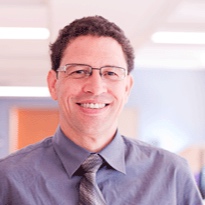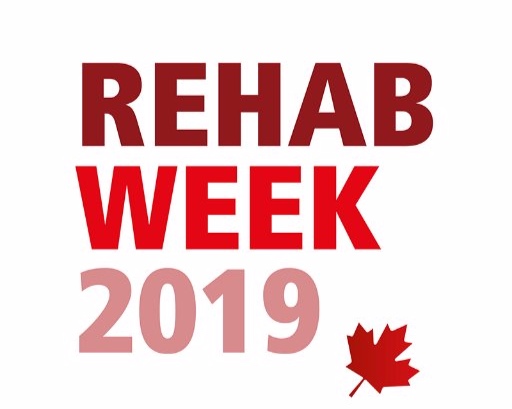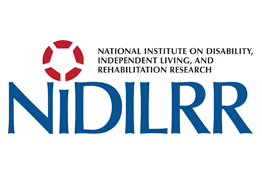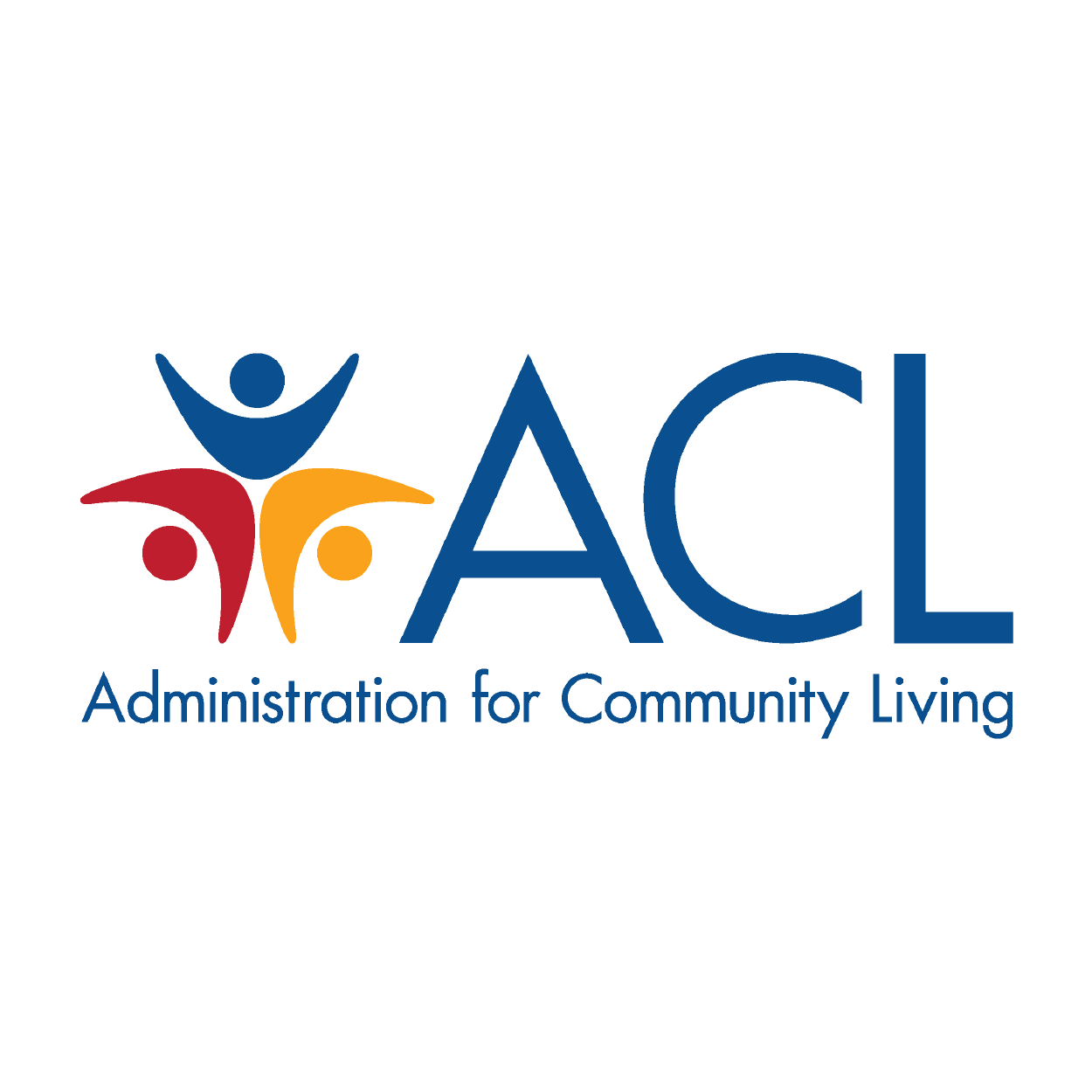Speaker Biographies
Devin Mann, MD
Devin Mann is an Associate Professor in the Department of Population Health and Department of Medicine, and Senior Director of Informatics Innovation at NYU Langone Health.
His research leverages his experience and expertise in informatics, clinical decision support, user centered design, mHealth and primary care to promote a learning health system and the delivery of effective healthcare. As the Senior Director of Informatics Innovation at NYU Langone Health, Devin has a unique hybrid lens at the intersection of research and operations; a perspective that helps ensure pragmatic workflow integration and clinical adoption of novel digital tools across the enterprise.
Devin’s Healthcare Innovations Bridging Research Informatics and Design (HiBRID ) Lab combines research, informatics and design to build, implement, and disseminate new digital tools that can improve the delivery and experience of healthcare. His team has led numerous studies examining how to connect patients and clinicians using a digital medium. We are also actively pursuing how to optimize the electronic health record to promote evidence-based care while reducing clinician burden. HiBRID Lab projects leverage novel user centered, iterative design methods, machine learning and usability testing simulations to build tools that seek to change patient and provider behaviors.
David Putrino, PT, PhD
David is physical therapist with a PhD in Neuroscience. He worked as a clinician in Australia, before moving to the United States to study computational neuroscience at Harvard Medical School, MIT and NYU. He has served as a faculty member at Weill-Cornell Medicine and Burke Medical Research Institute. He is currently the Director of Rehabilitation Innovation for the Mt Sinai Health System, and an Assistant Professor of Rehabilitation and Human Performance at the Icahn School of Medicine at Mt Sinai.
He works to develop innovative technology solutions for individuals in need of better healthcare accessibility. He consults with the Red Bull High Performance division to use evidence-based technologies to improve athletic performance. He is also the “Chief Mad Scientist” of Not Impossible Labs, a group that crowd-sources accessible technological solutions for high-impact humanitarian problems. David’s research has been featured on the ABC, Sport’s Illustrated, the Wall Street Journal, the BBC, Time Magazine, TEDx, Wired and the LA Times to name just a few. He is the author of Hacking Health: How to make money and save lives in the HealthTech world, which is available from Amazon and Springer-Nature.
June Isaacson Kailes
June Isaacson Kailes, (www.jik.com) is a Disability Policy Consultant and the Associate Director at Harris Family Center for Disability and Health Policy at Western University of Health Sciences, Pomona, California. Her breadth and depth of experience in disability and access and functional needs issues as a writer, trainer, researcher, policy analyst, subject matter expert, and advocate is widely known and respected.
June has worked nationally with FEMA, the Centers for Disease Control, Department of Homeland Security, and Health and Human Services on policy, planning and training issues. She co-chaired The United States Department of Homeland Security’s working group, which developed a Functional and Medical Support Sheltering Target Capabilities List.
June’s has worked as a consultant for a variety of health facilities, managed care plans, government projects and consulting firms. These projects include work with Rehabilitation Research and Training Centers: on Aging with a Disability, Managed Care and Disability, Health and Wellness and Disability, National Center of Physical Activity and Disability and the Rehabilitation Engineering Research Center on Accessible Medical Instrumentation, the Access Board.
Mark Bayley, MD
Dr. Bayley is Medical Director of the Brain & Spinal Cord Rehab Program at Toronto Rehab and a specialist in physical medicine and rehabilitation. He holds the Saunderson Family Chair in Acquired Brain Injury Research. His research interests are in the following areas: rehabilitation of acquired brain injury, stroke, multiple sclerosis, neurological pharmacology and functional outcome measurement after rehabilitation. He is also an Assistant Professor in the Faculty of Medicine at the University of Toronto. Dr. Bayley has published and lectured extensively in his areas of research. Dr. Bayley’s work focuses on identifying, measuring and standardizing the most effective approaches to neurological rehabilitation.
Catherine E. Lang, PT, PhD
Dr. Lang is a Professor of Physical Therapy, Occupational Therapy, and Neurology, and Associate Director for the Movement Science PhD Program at Washington University School of Medicine in St. Louis MO, USA. She received her physical therapy degree from the University of Vermont in 1993, her PhD in Movement Science from Washington University in 2001, and completed a postdoctoral fellowship at the University of Rochester between 2001 and 2004.
Dr. Lang directs the Neurorehabilitation Research Laboratory where efforts are targeted toward the development of effective and efficient, individualized rehabilitation for people with stroke and other neurological injuries. Numerous studies are focused on characterizing neurobehavioral changes over the course of stroke recovery, developing new and optimizing current motor interventions, and improving clinical practice. The interdisciplinary, interactive laboratory environment promotes collaborations within and outside the lab with scientists and clinicians, resulting in a productive, successful research program. She provides research training to PhD students, postdocs, and junior faculty members. Continuous funding from the NIH has supported her research efforts since 2005.
Danielle Jake-Schoffman, PhD
Danielle Jake-Schoffman, PhD is an assistant professor in the Department of Health Education and Behavior at the University of Florida. Dr. Jake-Schoffman is a behavioral scientist dedicated to developing and implementing evidence-based strategies for chronic disease prevention and treatment, specifically those that leverage connected technologies (e.g., wearable sensors, mobile apps, and online social networks).
Her research centers on technology tools for the promotion of physical activity and healthy eating and prevention and treatment of obesity and cancer and she has contributed to a variety of projects to develop and test interventions supported by physical activity devices, apps, and social media. She has a particular interest in innovative methods for trial delivery and evaluation, including remotely delivered trials that use technology tools to engage and retain participants. Dr. Jake-Schoffman also has expertise in implementation science methods, including work to integrate faith-based physical activity and healthy eating interventions into church settings in both rural and immigrant communities.
Kate Lorig, PhD
Dr. Kate Lorig received her BS in Nursing from Boston University in 1964 and served as a Peace Corps Volunteer in Chile. She received her MS from the University of California San Francisco and her Doctorate in Public Health in 1980 from the University of California Berkeley. She is a faculty member at Stanford University School of Medicine.
The focus of Dr. Lorig’s research has been the development, evaluation of self-management programs in English and Spanish for people with chronic diseases. Programs are delivered in small groups, via mail, and via the Internet. These studies have demonstrated the effectiveness of low-cost self-management interventions in reducing symptoms and improving the quality of life. They have also explored the role of self-efficacy as a predictor and moderator of outcomes.
Her present research includes the development and evaluation of programs for cancer survivors and as well as for caregivers of people with PTSD, traumatic brain injury and other cognitive impairments. There programs are offered largely over the Internet. Most recently she has been involved in studying how to translate programs from the academic setting to the larger community.
Paolo Bonato, PhD
Paolo serves as Director of the Motion Analysis Laboratory at Spaulding Rehabilitation Hospital, Boston MA. He is an Associate Professor in the Department of Physical Medicine and Rehabilitation, Harvard Medical School, and an Adjunct Professor of Biomedical Engineering at the MGH Institute of Health Professions, Harvard Medical School. He has held Adjunct Faculty positions at the Massachusetts Institute of Technology, the University of Ireland Galway, and the University of Melbourne. At the Wyss Institute for Biologically Inspired Engineering, he brings his experience in rehabilitation technology with special emphasis on wearable technology and robotics. His research work is focused on the development of rehabilitation technologies with special emphasis on wearable technology and robotics.
Dr. Bonato serves as Member of the Advisory Board of the IEEE Journal of Biomedical and Health Informatics and as Associate Editor of the IEEE Journal of Translational Engineering in Health and Medicine. He served as Founding Editor-in-Chief of the Journal of NeuroEngineering and Rehabilitation. Dr. Bonato served as an Elected Member of the IEEE Engineering in Medicine and Biology Society (EMBS) AdCom (2007-2010) and currently serves as IEEE EMBS Vice-President for Publications (2013-present). He served as President of the International Society of Electrophysiology and Kinesiology (2008-2010). Dr. Bonato received the M.S. degree in electrical engineering from Politecnico di Torino, Turin, Italy in 1989 and the Ph.D. degree in biomedical engineering from Universita di Roma “La Sapienza” in 1995.














